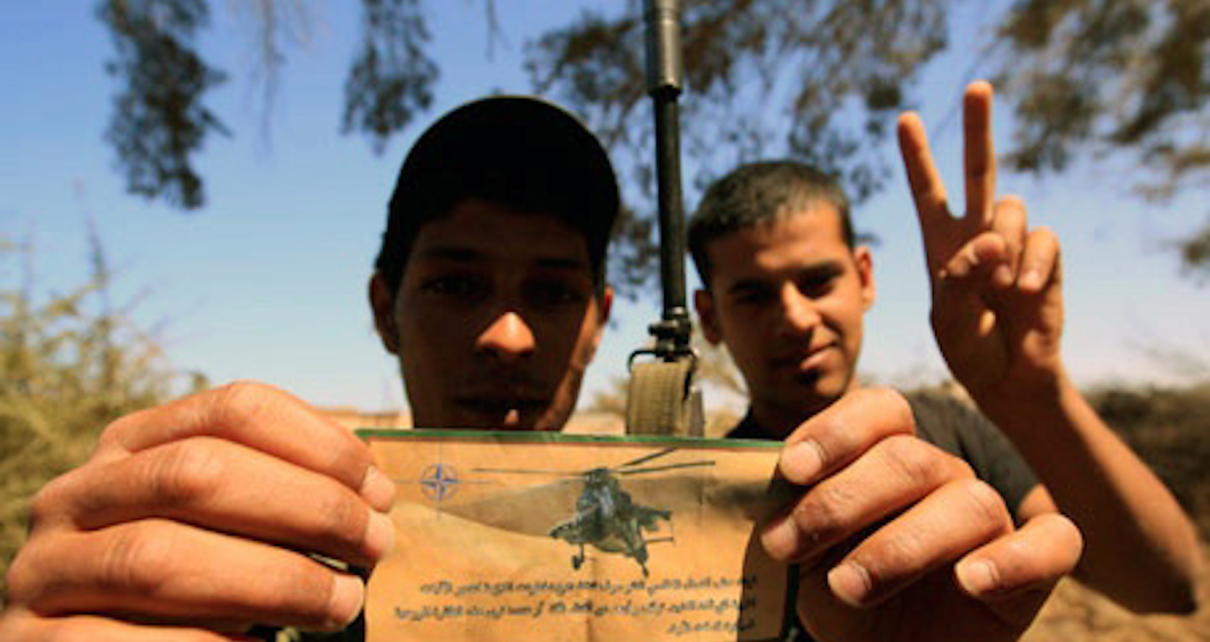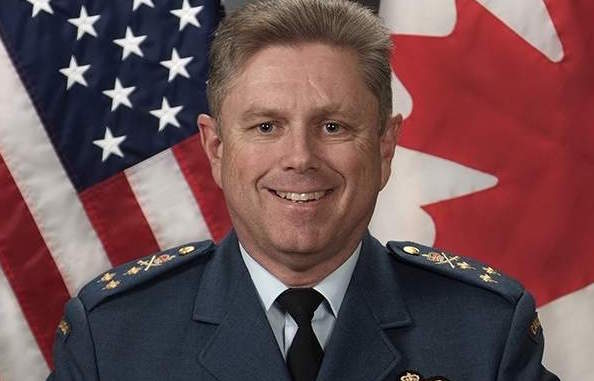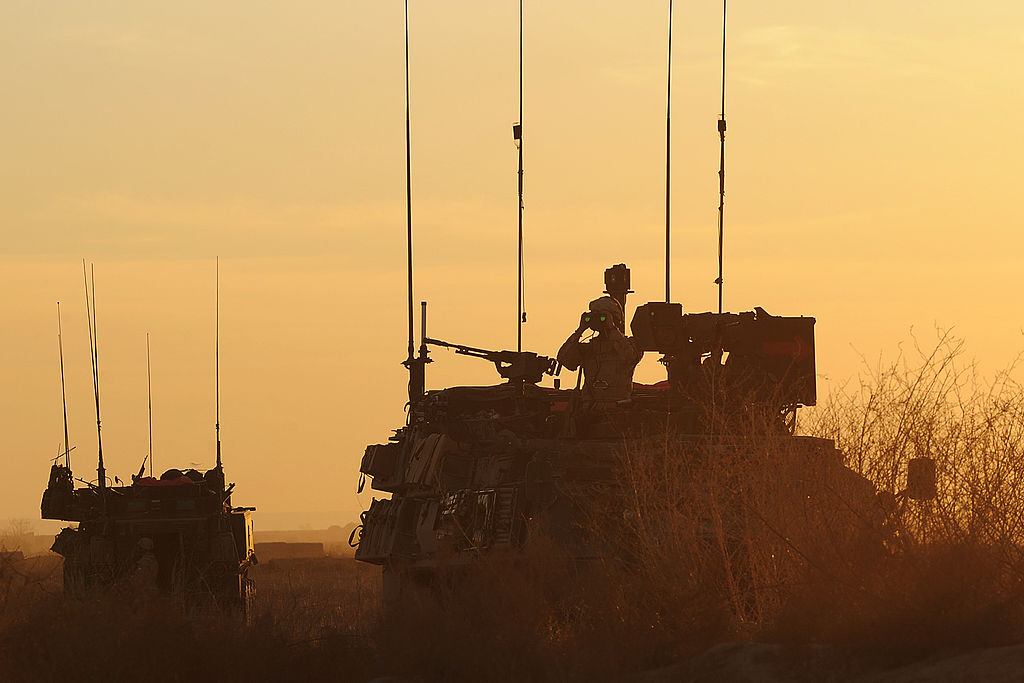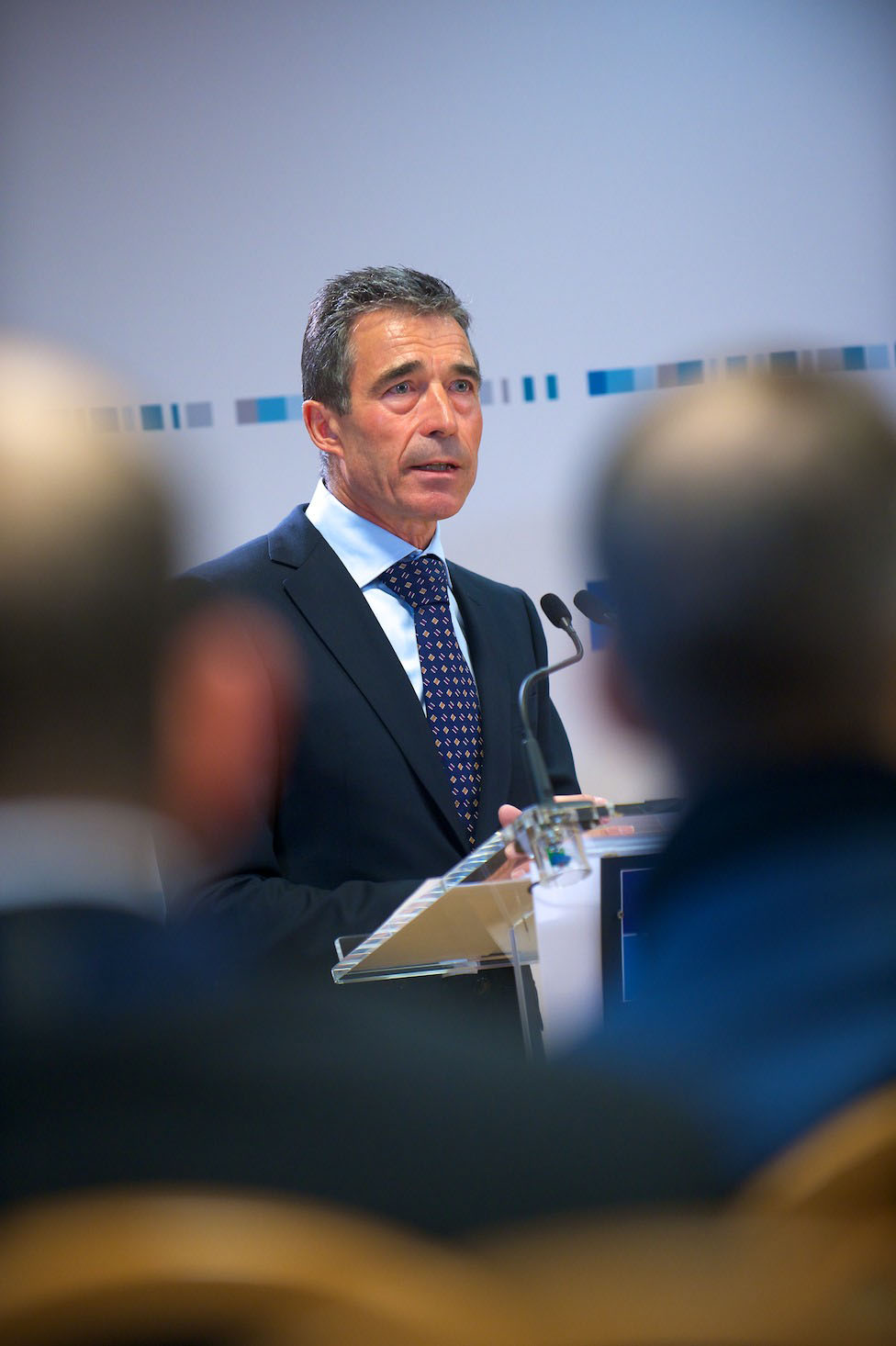Introduction
This article examines NATO’s involvement in Afghanistan and Libya, focusing on the motives behind these interventions, as well as their effectiveness in achieving their stated goals. NATO’s actions aimed to promote security and stability in these countries. Still, these missions have faced criticism in some quarters for their alleged lack of coordination with other stakeholders and the potential economic conflicts of interest among some participating NATO members.
NATO and Afghanistan
In response to the 9/11 terrorist attacks against the United States, the International Security Assistance Force (ISAF) was established in 2001 under a UN mandate and at the request of anti-Taliban Afghan authorities. From 2003 to 2014, NATO-led ISAF was then succeeded by the Resolute Support Mission (RSM) until early September 2021. ISAF aimed to develop and contribute financially to post-Taliban Afghan security forces and support effective safety across the country while also contributing to infrastructure development, such as rural health services and highways linking major cities. However, aid often depended on Afghanistan’s compliance with NATO’s military operations, creating a sense of dependence on the alliance. Despite nearly two decades of involvement and significant resources invested, NATO’s long-term presence in Afghanistan failed to achieve its goals. The intervention was primarily led by the United States and lacked coordination with key stakeholders, such as the North Atlantic Council, development agencies, Afghan political leaders, and the UN. The Taliban’s return to power in 2021 is a clear setback for NATO. Nevertheless, it did work to help Afghanistan become a stable, sovereign state. Canada played a crucial role in supporting international efforts at achieving an inclusive and representative Afghan government. In addition to providing other forms of assistance, Canada has committed to welcoming at least 40,000 Afghan refugees.
NATO and Libya
NATO’s involvement in the Libyan War of 2011 was authorized by a UN Security Council Resolution passed in March of that year, which established a no-fly zone over Libya and permitted member states to take “all necessary measures” to safeguard civilians from attacks by Muammar Gaddafi’s regime. Although the United States played a significant role, France and the United Kingdom took the lead in the military operation, with Washington providing critical support, such as “electronic warfare, aerial refuelling, lift, search and rescue, and intelligence, surveillance, and reconnaissance support.” The United States benefits from NATO’s practical support and legitimacy, but Washington’s defence policy remains independent, and its defence budget is not reliant on Europe and Canada’s military spending. NATO’s core is the US nuclear umbrella, and the collective security of Article 5 of the NATO Treaty is ultimately based on American nuclear deterrence. While the Libyan intervention was lauded by leaders such as President Obama, Hillary Clinton, and Queen Elizabeth II, it faced criticism from UN delegates representing China and Russia. Their concerns stemmed from the potential for further violence, a danger that was later acknowledged by retired Canadian Lieutenant-General Charles Bouchard, the former commander of Canada’s role in the intervention. After the war, Bouchard admitted that he did not see the long-term stability promised by both organizations, but only increased violence. It is possible that Moscow and Beijing were hesitant to support the termination of their significant economic and strategic interests in Libya.
Some commentators have suggested that Western intervention was motivated by a desire to secure control over Libya’s oil resources. Critics, including Rachel Shabi of ALJAZEERA, argue that NATO’s police action aimed to effect “regime change” and facilitate the awarding of oil contracts to Western companies once the National Transitional Council (NTC) (i.e., a new government) emerged in Tripoli. The former French president, Nicolas Sarkozy, was among those who openly spoke about this goal. In another challenge to Allied credibility, the UK, despite knowing about Gaddafi’s human rights violations, helped his regime by selling weapons to and purchasing oil from it. When protests erupted in Libya in 2011, the UK and other NATO allies used their militaries to overthrow Gaddafi. However, while the intervention may have been a truly humanitarian mission, its underlying motives also included protecting Western economic and industrial interests in the country. Then, it came to pass that those Western countries swiftly recognized the NTC as the legitimate government and established diplomatic ties. The NTC resumed oil exports and signed contracts with foreign oil companies. However, the intervention entrenched Libya’s economic dependency on the West, potentially compromising its national sovereignty, as noted by comments from China and Russia aforementioned. NATO, however, maintains that its actions were within the UN mandate’s scope aimed at protecting civilians and ensuring the viability of the country. It is important to mention that the NTC requested an extension of the intervention until it could decide whether to accept further assistance from NATO to secure its borders, highlighting Libya’s need for security support. Even after the civil war, NATO continued to support the UN in its training training of Libyan security forces through the UN Support Mission in Libya (UNSMIL). Of course, an outcome of this relationship was that it created a further sense of dependence on the alliance.
Lessons Learned
NATO’s interventions in Afghanistan and Libya promoted security and stability in these countries but faced criticism for a lack of coordination with other stakeholders and potential economic conflicts of interest among participating NATO members. To avoid similar criticism in potential future interventions, greater nuance in peace-building operations is needed. NATO’s Western member states may consider taking a more context-dependent approach to peace-building in out-of-area operations rather than implementing a Eurocentric one based on models that worked in Europe in the past, but are ill-suited elsewhere. This approach for Libya and Afghanistan would have prioritized greater sensitivity for the local culture and less heavy-handedness in economic management. It would involve developing sustainable solutions with local actors, rather than imposing Western values. Empowering local agents and building up their capacity would be preferable to relying on external actors, such as Western corporations. Ultimately, the effectiveness of these interventions and their long-term impact on the countries in question remains a subject of debate.
Photo: “Two Libyan civilians show off a leaflet that was released from NATO assets during Operation Unified Protector. The 20th Fighter Wing had the unique role of dropping leaflet bombs to give NATO messages for the safety of Libyan civilians.” (2011), by 20th Fighter Wing Public Affairs Office, U.S. Air Force via Wikimedia Commons. Public Domain.
Disclaimer: Any views or opinions expressed in articles are solely those of the authors and do not necessarily represent the views of the NATO Association of Canada.




